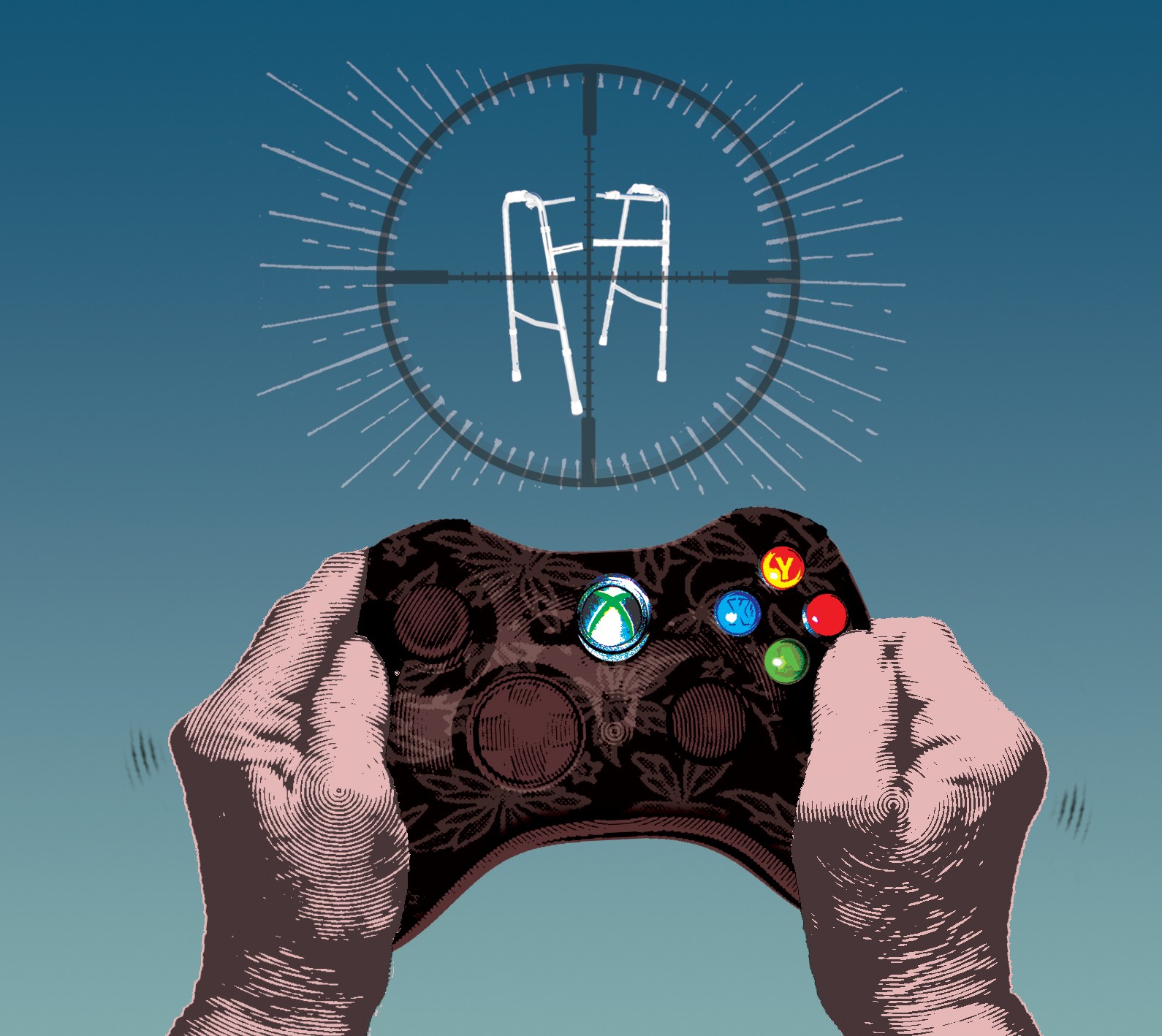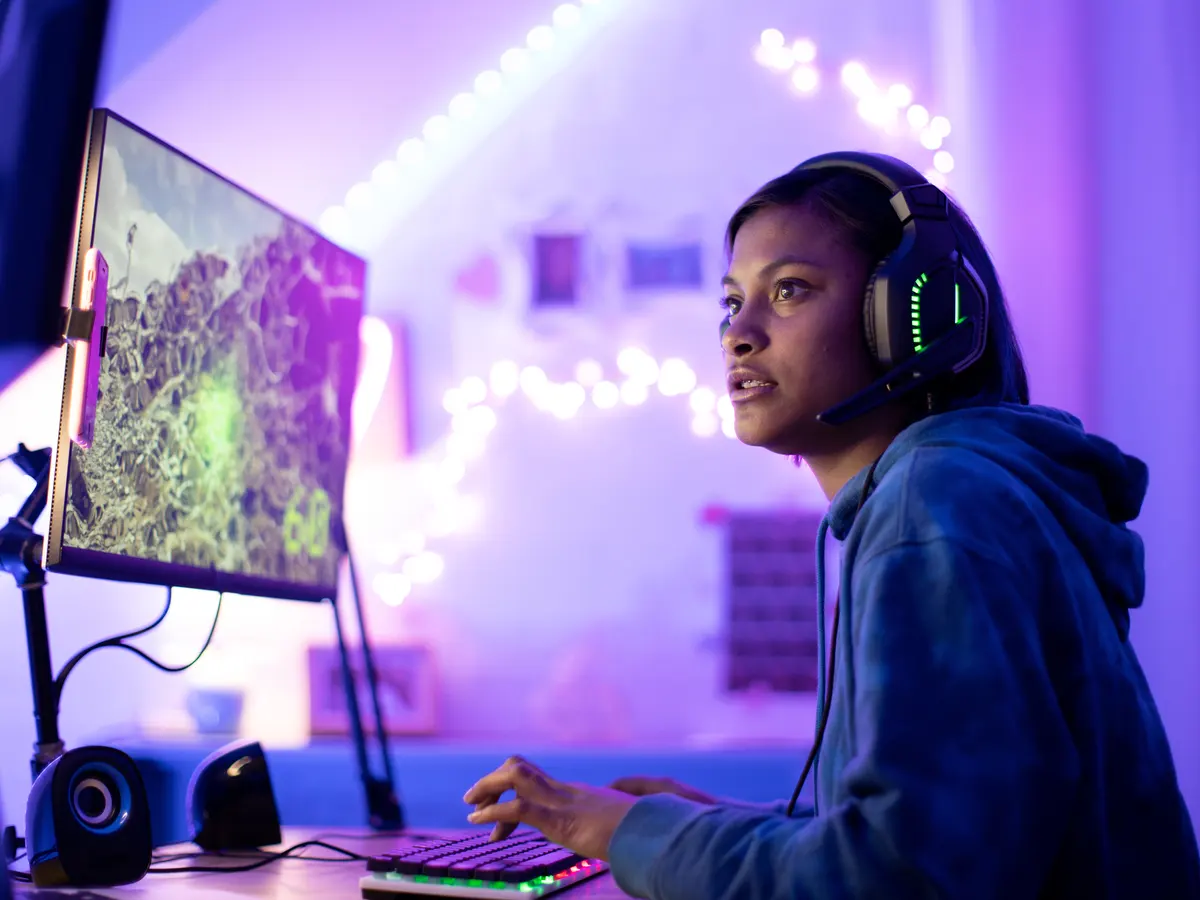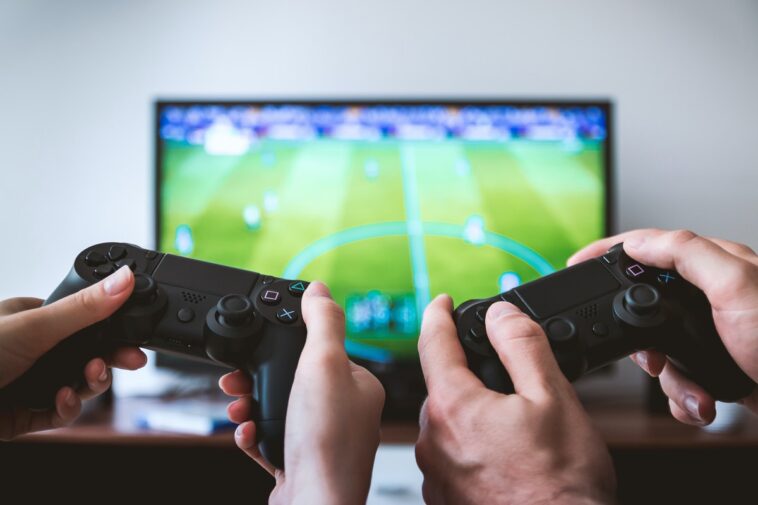In a world that’s witnessing a growing intersection of technology and human skills, there’s an emerging breed of sharpshooters—not with rifles, but with rapid cognition. These are the gamers. It might sound like a bold claim to equate video gaming with enhanced reaction skills, but the evidence is mounting. Dive into this exploration to understand how gaming could be fine-tuning the mind to react faster and more accurately.
Setting the Stage: What are Reaction Skills?
Reaction skills, often termed as reflexes or response times, involve the brain processing external stimuli and subsequently generating an appropriate response in minimal time. Think of a goalkeeper saving a last-minute penalty or a driver avoiding an unexpected pedestrian. This quick decision-making ability often spells the difference between success and failure in myriad situations. Friv5Online is a pioneer housing games that can improve your reaction time.
The Gaming Ecosystem

Gaming is not monolithic. It spans a variety of genres, platforms, and challenges, each tapping into different cognitive and motor skills:
- Action & Adventure: Fast-paced scenarios requiring split-second decisions.
- Strategy: Involves anticipating opponent moves and adapting one’s strategy.
- Simulations: Mirroring real-life situations demanding precision and timely responses.
- Sports & Racing: Relies heavily on reflexes to outmaneuver opponents.
It’s evident that each genre hones specific reaction skills, which can transfer over to real-world applications.
Neuroplasticity: The Brain’s Adaptability
Before diving into how gaming affects reaction skills, it’s pivotal to understand neuroplasticity. In simple terms, it’s the brain’s ability to reorganize itself by forming new neural connections. The adage “practice makes perfect” finds its roots here. As one repeatedly engages in an activity, the brain strengthens the connections involved in that task, leading to efficiency and faster processing.
The Gamer’s Advantage: Research Insights
Several studies over the years have sought to understand the cognitive benefits of gaming:
- Spatial Awareness: A 2013 study by the University of Toronto found that individuals who played action games were better at perceptual tasks, such as rotating and manipulating objects in their minds.
- Decision Making: Researchers at the University of Rochester in 2010 discovered that gamers make decisions 25% faster than non-gamers without sacrificing accuracy.
- Improved Multitasking: A study led by Daphne Bavelier in 2012 showcased that individuals who played action games had an enhanced ability to juggle several tasks simultaneously.
It’s clear: gaming does offer a tangible edge in various cognitive aspects.
Reaction Skills: Unraveling the Connection
When a gamer is immersed in a fast-paced game, their brain is continuously processing vast amounts of visual and auditory information. They need to make quick decisions based on this data. Over time, as the gamer faces increasingly complex scenarios, their brain adapts, optimizing neural pathways for quicker information processing and decision-making.
Moreover, high-intensity gaming sessions, especially those involving player-vs-player interactions, simulate adrenaline-pumping situations. As players repeatedly expose themselves to these scenarios, they cultivate a sense of calmness and clarity, further sharpening their reaction skills.
Gaming and Physical Reflexes
The benefits aren’t just mental. With the advent of augmented reality (AR) and virtual reality (VR) games, players are required to physically interact with the game. Titles like “Beat Saber” or “Pokémon GO” compel players to move, dodge, swing, or aim, enhancing their physical reflexes alongside their cognitive prowess.
The Real-world Implications

While it’s captivating to discuss the nexus between gaming and enhanced reaction skills, it’s equally crucial to address its real-world implications:
- Driving: Faster reaction times can be pivotal in emergency scenarios, potentially averting accidents.
- Sports: Athletes, especially in sports like tennis or soccer, can benefit from heightened spatial awareness and reflexes.
- Emergency Response: Rapid decision-making is crucial for first responders, be it firefighters or paramedics.
The Balancing Act: Moderation is Key
Like any activity, excessive gaming can be detrimental. It’s essential to strike a balance. While gaming can enhance reaction skills, it’s crucial to ensure it doesn’t lead to sedentary lifestyles, disrupted sleep patterns, or social isolation.
Embracing the Future: Gaming in Education & Training
Given the evident benefits, there’s a growing push for integrating gaming mechanisms in educational and training modules. Simulations are already a part of pilot training. As our understanding deepens, it won’t be surprising to see more professions leveraging the power of gaming to fine-tune reaction skills among novices.
10. Beyond Reaction Skills: Other Cognitive Benefits
While the primary focus has been on reaction skills, it’s worth noting that gaming has a broader spectrum of cognitive advantages:
- Memory Enhancement: Games often require players to remember critical sequences, map layouts, and character abilities. This constant recall exercises the memory muscles, leading to overall improvement.
- Problem-Solving: Puzzles, strategy games, and even some action titles necessitate strategic planning, forcing players to think critically and devise solutions to in-game challenges.
- Emotional Resilience: Overcoming in-game failures and setbacks can instill perseverance and determination, traits invaluable in the real world.
Societal Impact: Changing Perceptions
The societal view of gaming has been in flux. Initially seen as child’s play, then criticized for potential detrimental effects, and now being recognized for its cognitive benefits, the gaming narrative is shifting. With scientific backing, the stigma associated with gaming is gradually waning. Educational institutions and industries are beginning to view it as a potential tool for cognitive development and skill training.
Limitations & Critiques

However, it’s essential to maintain a balanced perspective. Critics argue:
- Over-dependence: There’s a danger of viewing gaming as the sole method for enhancing cognitive abilities. Traditional methods and practices, built over centuries, shouldn’t be hastily discarded.
- Negative Impacts: Some argue that violent games might desensitize players to real-world violence, though research in this area remains inconclusive.
- Health Concerns: Extended gaming sessions without breaks can lead to issues like eye strain, obesity, and other health concerns.
Gaming for All: Inclusivity in the Gaming World
With the rise of adaptive controllers and games designed for players with disabilities, the gaming world is becoming more inclusive. This ensures that the cognitive benefits, including enhanced reaction skills, are accessible to a broader audience.
The Road Ahead: Gaming’s Potential
The intersection of technology, neuroscience, and gaming offers exciting possibilities. With advances in AI and VR, future games might adapt in real-time to individual players, pushing cognitive boundaries and offering tailored challenges to continually enhance reaction skills and other cognitive abilities.
Final Words
The intricate tapestry of gaming and cognition is still unfolding. What’s clear is the potential gaming holds in shaping sharper, more reactive minds. As research deepens and the gaming world evolves, it’s evident that the joystick might just be as mighty as the pen, not just in the realm of entertainment, but in the grander theater of cognitive development and skill enhancement.




